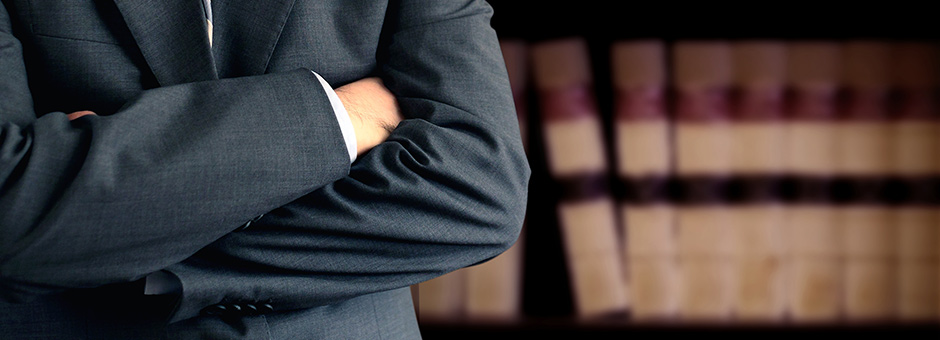The Common Law #3
The Common Law #3
(The following column originally ran in the August 15, 2007 edition of the Moody County Enterprise.)
(The following column originally ran in the August 15, 2007 edition of the Moody County Enterprise.)
The Common Law:
Talking Trash
Talking Trash
By N. Bob Pesall
Attorney At Law
Flandreau, SD
An empty, used, old dog food can taken from Paris Hilton's garbage recently sold for $305. This bit of celebrity gossip shows us the two really big problems with our modern life. The first problem is one of human nature. People do stupid things, and no amount of effort by the rest of us is going to change that. If someone really wants to pay several hundred dollars for a lump of steel and beef by-products, so be it.
The second problem is a legal one. Our curbside garbage is, for all practical purposes, open to the public. In South Dakota, we've had two cases come before our Supreme Court on this very point. In these cases, the question usually is, “when can the police search my garbage?” Under our current laws, the answer seems to be, “any time they want.” Our State Supreme Court has ruled that neither the State nor the Federal constitutions prevent people from sifting through our curbside garbage. It simply is not considered private.
The fact that our curbside garbage is open to the public should cause us to stop, think, and maybe even panic. We throw a lot of things into that garbage can, very personal things. But right now, anyone is free to sift through it once we place it on the curb. To illustrate the risks involved, consider your long distance telephone bill. If your bill is anything like mine, it comes in two parts. There is a little billing stub that you mail in with your payment, and there is multi-page listing of the calls you've made. This listing usually includes the times, dates, and numbers for each and every call. It also includes your name, address, and telephone number.
After sending in payment, most of us throw this paperwork into our curbside garbage along with our banana peels, empty beer cans, and last week's newspapers. Under our current law, however, the act of throwing it away essentially makes this list public information. Anyone who wants to can dig it out of the trash and read it. Anyone who reads it can easily identify your friends, family, bill collectors, doctors, lawyers, and criminal accomplices. Did you make a telephone call to Planned Parenthood or your proctologist recently? Would you want anyone to know if you had?
On the other hand, the public nature of our garbage has some social benefits as well. Garbage searches have also been pivotal sources of evidence for police in many criminal cases. A classic example is the “meth house.” Houses with clandestine methamphetamine labs may be filled with dangerous chemicals, hazardous fumes, and have the potential to explode without notice. By looking at the trash left outside, police can often identify when unsafe or criminal activity is taking place when they would otherwise not have enough evidence to justify a search warrant. They can also save lives by taking adequate precautions before they go inside.
So how do balance this out? The last time our Supreme Court considered this issue, it observed that our current laws really do not protect the privacy of our curbside garbage. Uncomfortable with this state of affairs, but unable to simply make up new laws, our High Court has called upon our state legislature to act. To date, however, the legislature has not done so. We cannot lay the whole blame for this state of affairs on our legislature, however, because we, the voting public, have not given the issue much thought yet either.
In the end, it is up to us to decide. Think about it. Talk to your friends and neighbors. Should our laws require anyone who wants to examine our trash to get a warrant first? Should people at least have some legitimate reason before they go digging in our dumpsters? Or, should we leave things as they are, take the privacy of our trash into our own hands, and buy a good paper shredder?
The foregoing column is written for informational purposes only, and does not constitute legal advice. The two recent South Dakota Supreme Court Cases referenced are State v Schwarts, decided in 2004, and State v. Stevens, decided in June of this year. N. Bob Pesall can be reached at P.O. Box 23, Flandreau, SD 57028, by telephone at (605) 573-0274, or on the web at http://www.pesall.com


